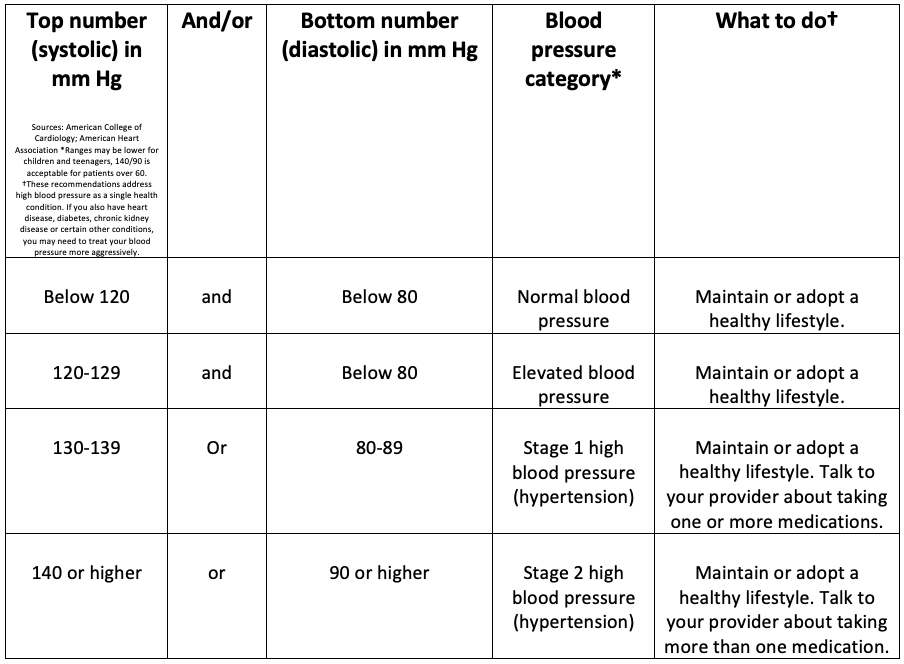Checking Your Family History
Most people aren’t certain what illnesses run in their family and how dangerous these might be. Probably best not to spend much time agonizing about this, unless you’re pretty sure there was an unusually excessive amount of premature deaths (50’s, 60’s) from heart disease. Better to work mainly on yourself. Hearing from your parents “Your Uncle Max had something wrong with his heart”, but also knowing he smoked two packs of Luckies a day is not helpful.
However if there is an inordinate amount of early heart disease in your family or you’ve learned of risks like high blood pressure, high cholesterol, or diabetes at relatively young ages (20’s to 40’s), then definitely take preventive measures seriously.
Is Genetic Testing Necessary?
Probably not. I’ve seen several online companies offering these tests, and I am unimpressed. Cardiologists don’t put a lot of value in these and because of this, insurance companies almost never pay for them. Those patients who do spend the hundreds of dollars to learn their “heart risks” are told to “eat healthfully”, “exercise regularly”, “keep your weight under control”. At this point, genetic testing is simply not reliable enough to be part of routine heart screening.
Get a Home Blood Pressure Monitor
Oh, come on! Do I really need this? Well, yes, if you’re serious about heart disease prevention. You probably get your blood pressure measured once or twice a year at best; you don’t know how skilled the person is who is taking your blood pressure (I once knew a nurse’s aide at a nursing home who had been told to write 110/70 every time she took a blood pressure and had done so for twenty years). And of course many of you have “white coat” high blood pressure so just get your own unit. Remember the phrase, “If you want something done right, do it yourself”. Blood pressure devices are all about the same price, but this one outperformed the dozens tested. However, if you have a unit already, don’t throw it away.
Take your BP about twice a week, and follow these guidelines.

NOTE: At WholeHealth Chicago, we treat mild and moderate high blood pressure with lifestyle modification, nutritional supplements, and herbs whenever possible. Our practitioners will recommend medications when necessary.
Along with your Blood Pressure Device, get an accurate scale to weigh yourself regularly.
It’s amazing the resistance I get from this suggestion, but if you weigh yourself weekly and can spot an upward trend this might be the very first clue toward high cholesterol, high blood pressure, blocked coronary arteries, stent insertion, etc. “If I’d only paid more attention during COVID when I was packing on pounds, I could have slowed the GrubHub deliveries but oh! No! I just didn’t have a scale.”
And GrubHub is definitely not going to including a scale with your order anytime soon.
Familiarize yourself with heart healthy eating by buying a few cookbooks on the subject, and just glancing through them.
I know this may sound silly but as you flip through cookbook pages (and notice I am not asking you to cook the meals—not just yet), you’ll really understand what makes a meal a “life extender” versus a “life shortener”. Here’s just one example of a healthy dessert.
Now here’s a dessert that goes directly from your mouth to your coronary arteries and clogs them up.
Next week: a really good lipid and inflammation test covered by your insurance.
Be well,
David Edelberg, MD
